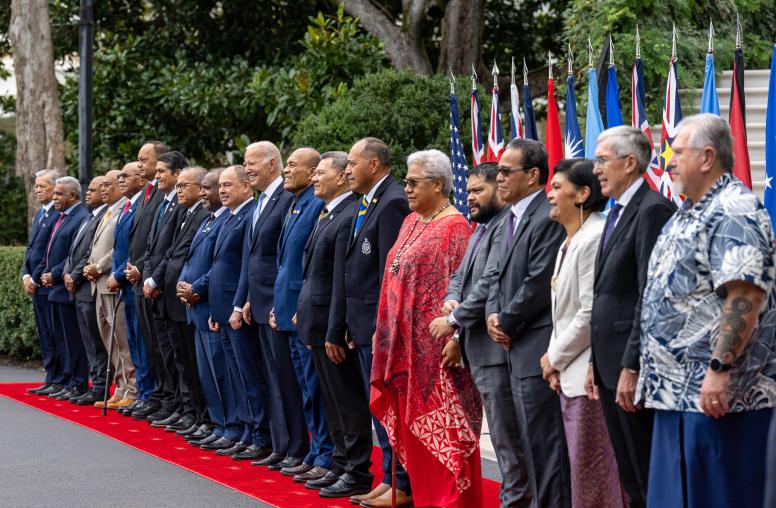Pakistani Prime Minister Sharif Addresses Future of U.S. Ties
Read the Event CoverageThe Prime Minister of Pakistan, His Excellency Mian Muhammad Nawaz Sharif, reflected on developments in his country and the broader region and assessed the future of relations with the United States in an address, during his official visit to Washington, D.C. His address took place at the U.S. Institute of Peace on Friday, October 23 at 10:00am.

Speakers:
His Excellency Mian Muhammad Nawaz Sharif, Speaker
Prime Minister, Islamic Republic of Pakistan
Nancy Lindborg, Welcoming Remarks
President, United States Institute of Peace
Stephen J. Hadley,
Chairman, Board of Directors, United States Institute of Peace



